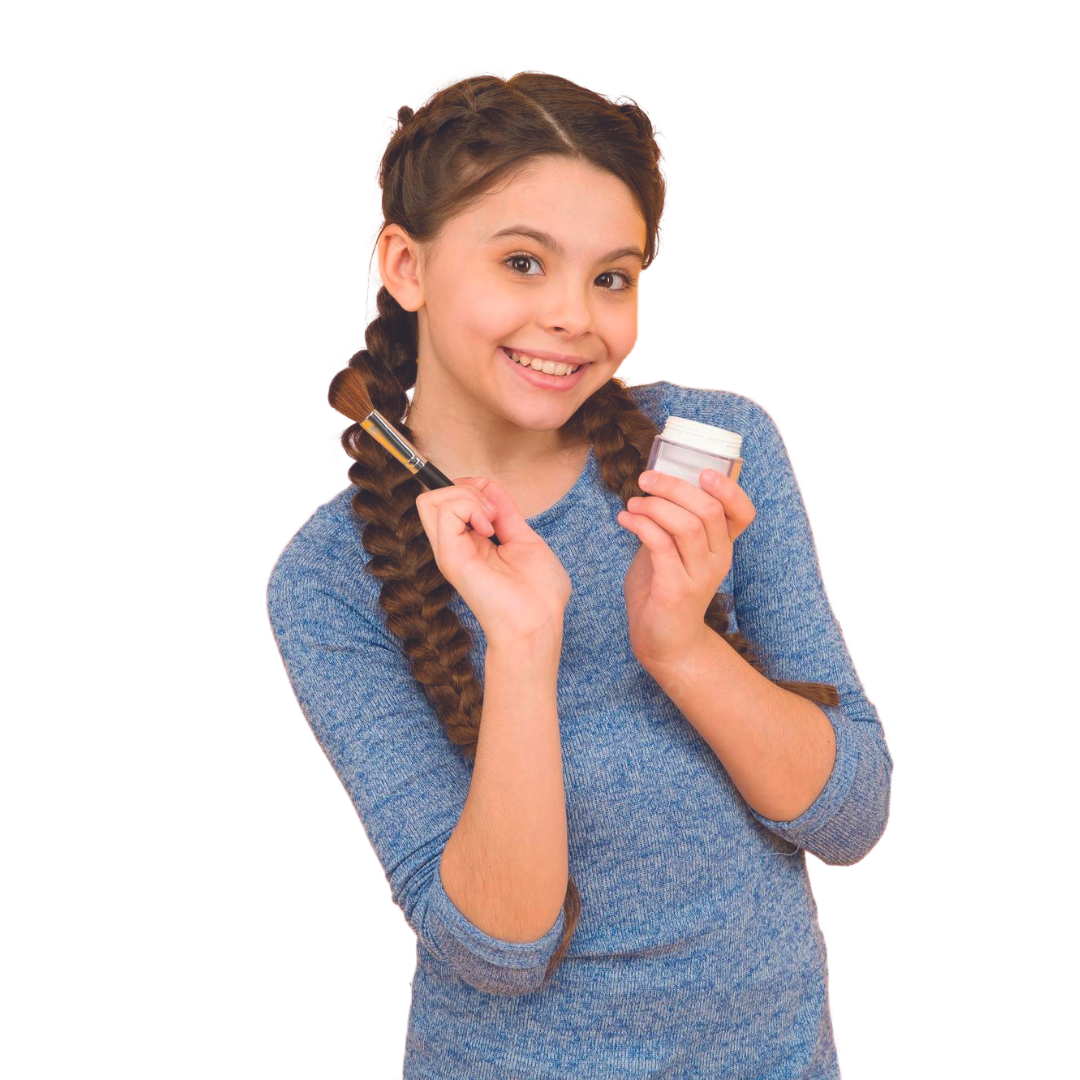Many people with eczema have told us that it can be difficult to find cosmetics and toiletries. This is because these products can make eczema worse. Such products include make-up, deodorant, nail varnish remover, perfume, aftershave, wet wipes and false nails.
This is because these products often have perfumes and other chemicals in that can irritate or dry your skin out and make your eczema worse.
Using aftershave always makes my eczema worse. I find it helpful to spray the aftershave on my clothes instead of my skin. It still smells good and doesn’t affect my eczema.
Alfie
Products that are ‘dermatologically tested or recommended’, ‘hypoallergenic’ or are for ‘sensitive skin’ usually have less perfumes in them and may irritate your skin less. Then again, these products were not made for people with eczema, so it’s hard to say for sure that they won’t make your eczema worse.
It is best to avoid cosmetics and toiletries if you can. If you do use them, then you may want to try the product out on the inside of your wrist before you buy it. Then buy the smallest amount possible until you are happy that it is right for you.
Everyone’s skin is different and some people find they have to try many different products to find something that suits their eczema.
I find that make-up can make my eczema worse, so I try to put on as little as possible or only use it on special occasions.
My dermatologist told me that some lighter pigment lipsticks are usually okay but the dark pigments are problematic for contact allergy.
Leah
